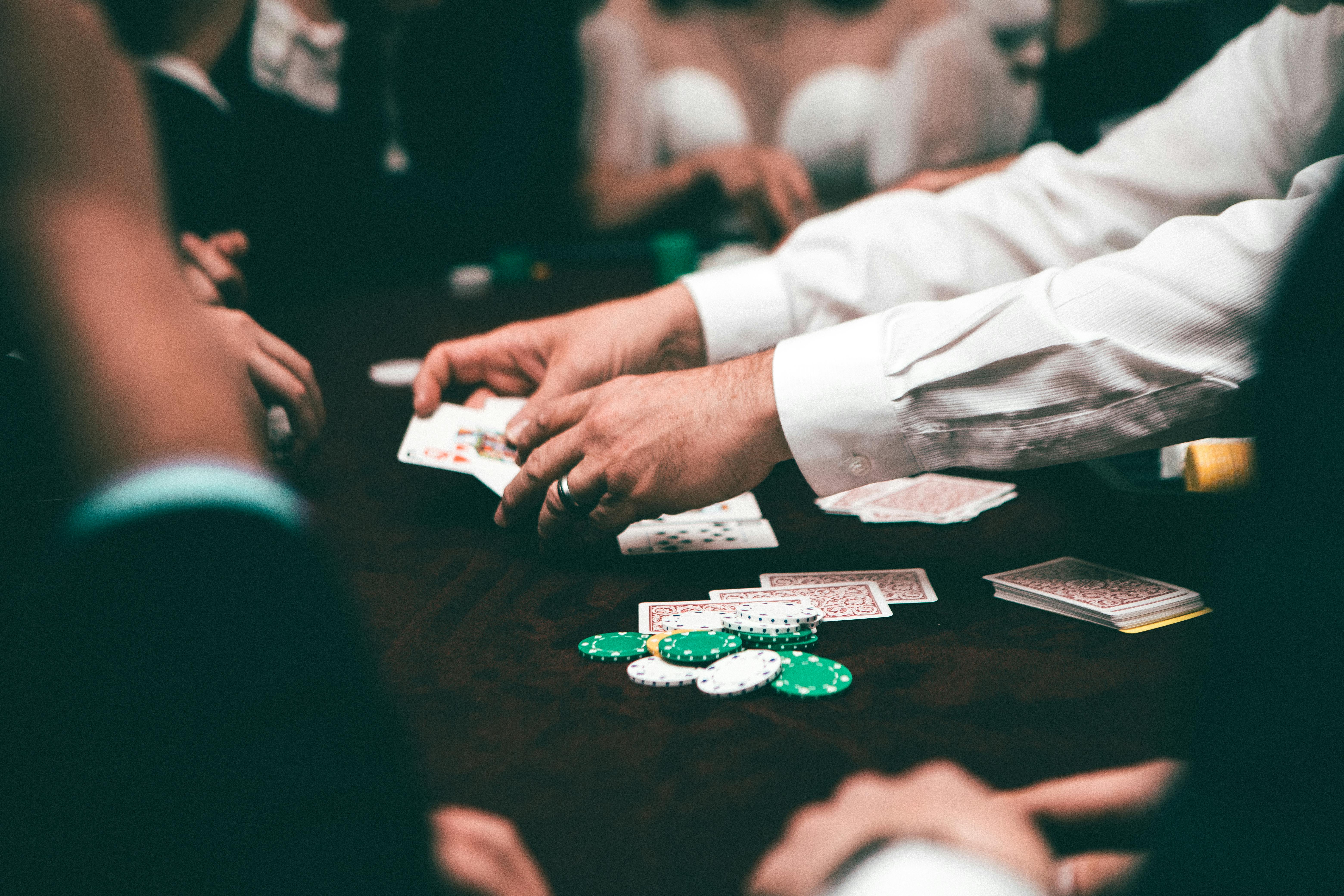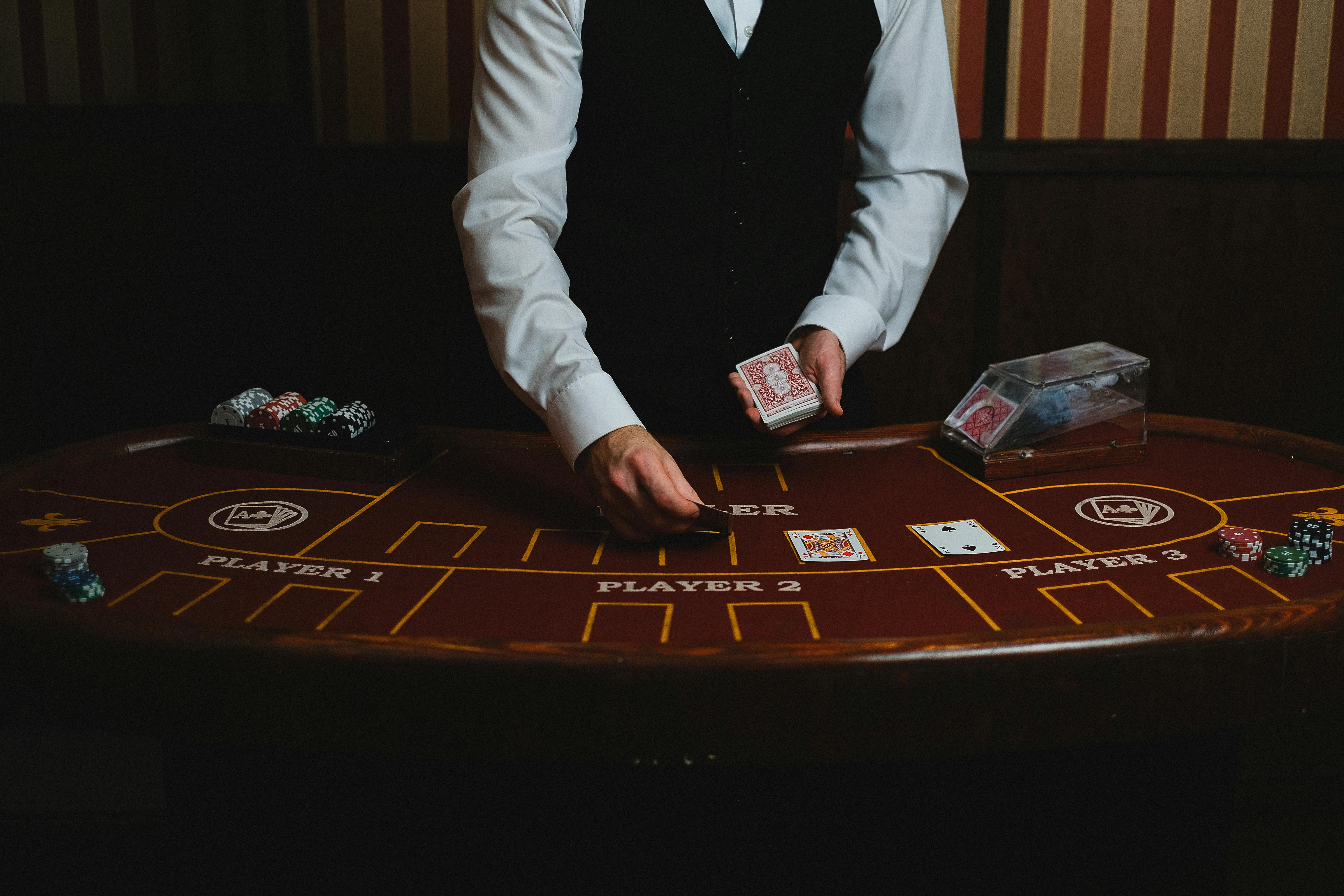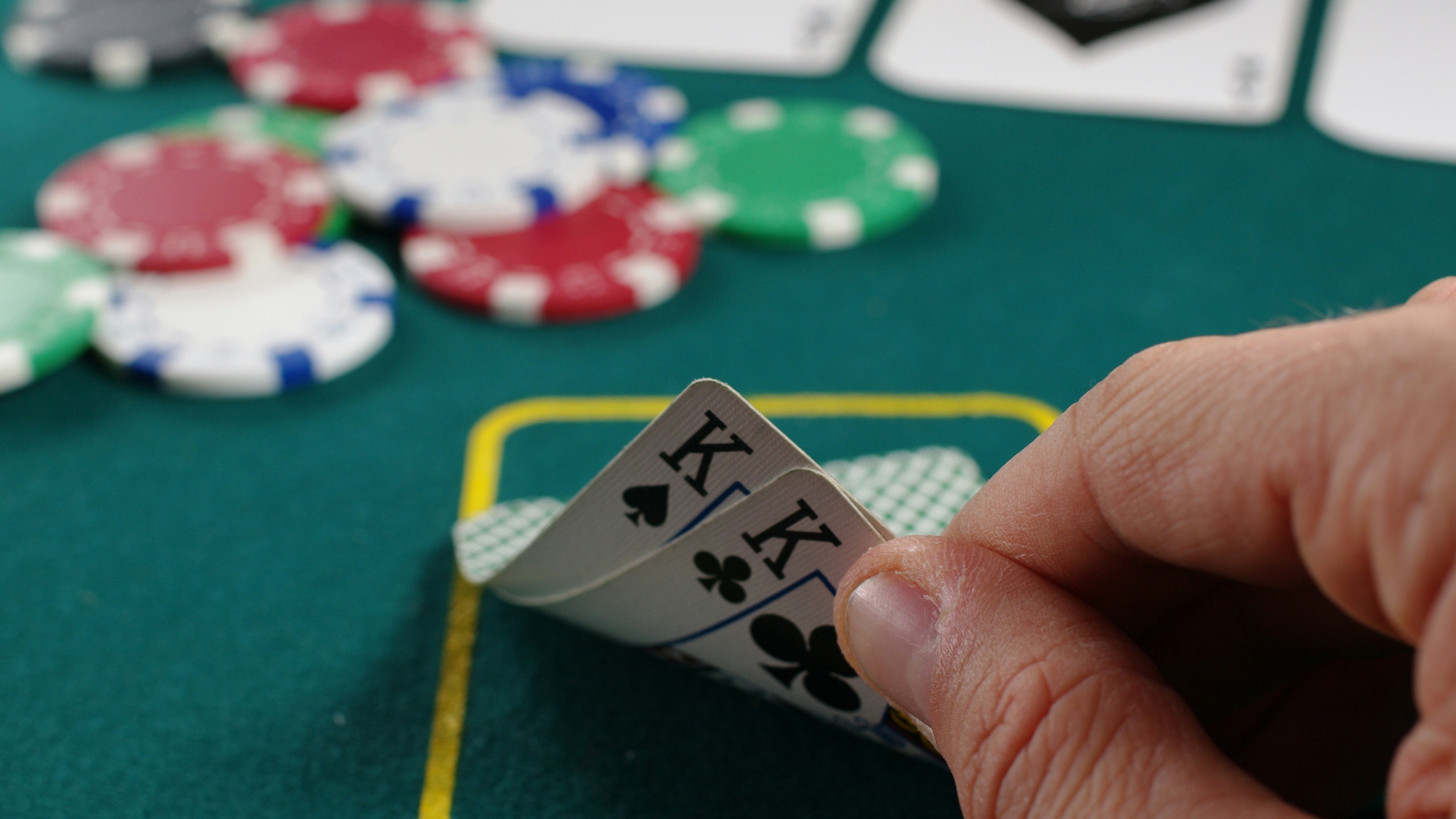The art of bluffing is not just about faking confidence or aggression, it also involves deep psychological aspects such as body language, decision making and emotional control. In today's article, we'll take a closer look at the psychology of bluffing in poker and how understanding your opponents' behavior can lead to more effective bluffs, which can give players a competitive advantage.
Bluffing as a psychological tool
In poker, bluffing is essentially psychological warfare. It's not just about the cards you hold, but about how you present the cards in your hand to your opponents. In this mental game, players must balance deception with control, maintaining a calm demeanor while executing a strategy that influences the decisions of others.
Perception is a key element of successful bluffing. Each player is constantly forming opinions about others based on their behavior, betting patterns, and even physical cues. Bluffing manipulates these perceptions, creating a false impression of the strength of your cards. The goal is to take advantage of your opponents' cognitive biases and force them to fold, even if they have a better hand.

Side effects of bluffing
Bluffing is always about a balance between fear and confidence. Successful bluffing requires, first and foremost, a high dose of confidence and the suppression of one's own fear. Fear can be rooted in a number of concerns, whether it is fear of losing, being exposed for bluffing itself, or misreading your opponent. One of the key psychological factors is self-confidence. Players often assess their ability to bluff successfully, while opponents may pick up signs of nervousness or hesitation. Bluffing is more effective when a player can convince not only himself but also others of the strength of his hand, even if it is only feigned confidence.
Timing and context in bluffing
A successful bluff is determined by both the correct execution of the bluff, but also by the correct timing. Experienced players know when the ideal time to bluff is and when it is better to put the ball in reverse. Bluffing too often can cause you to become predictable, while bluffing too infrequently means missed opportunities to turn the game in your favour. The flow of the game often determines when a bluff can be effective. For example, if a player has been playing conservatively for several hours, a sudden aggressive move may be perceived as a real strength, not a bluff. On the other hand, players who bluff too often may lose credibility, making future bluffing attempts more difficult.
The psychology of bluffing
While many players focus on the art of successful bluffing, it is equally important to understand what it is like to be a victim of the bluff and how to avoid falling into the trap. Understanding the psychology of bluffing can help players resist the temptation to fold under pressure, which will protect them from losing valuable chips.

Perceiving that you are the object of bluffing can trigger strong emotional reactions such as anger, frustration or embarrassment. These feelings can distort a player's judgment and lead to "bridge," a dangerous condition that affects the ability to make rational decisions. Tilt can lead players to make rash decisions, such as uncontrolled counter-bluffs or risky moves that only make their situation worse. Emotional control is therefore key. Experienced players practice regulating their emotions and the ability to remain calm even when they suspect a bluff, allowing them to make better logical decisions. In live poker games, reading subtle behavioural cues and body language that may indicate that someone is bluffing is a key element. Players who understand these signals gain a significant advantage.
Bluffing in poker is a psychological game where success depends on understanding player behaviour, emotional control and timing. Mastering bluffing requires not only faking a strong hand, but also an understanding of human behavior, cognitive biases, and emotion regulation. Poker is thus more than just a game of cards; it is a mental duel in which the sharpest mind often wins.
Sources - Unsplash/ Pexels




